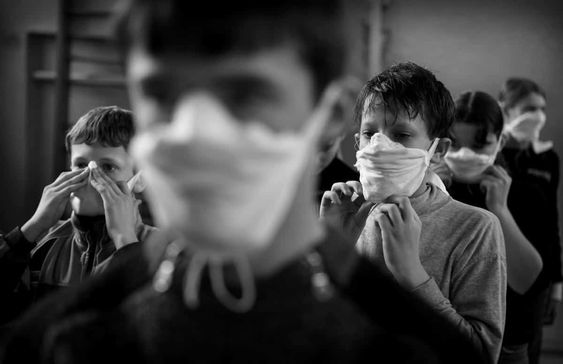How to Make Ethical Decisions Once You’ve Been Vaccinated for COVID-19
Professors from the College of Liberal Arts utilize their expertise to advise on how to act and make decisions after being vaccinated.

By Mia Mercer ‘23

To avoid spreading the virus even more and decrease the rate of infection, professor Glen Miller suggests making ethical decisions even after taking the vaccine.
Decisions, decisions.
As the COVID-19 vaccine becomes more available throughout the country, more people are faced with a new set of COVID-19-related dilemmas. Although being vaccinated can decrease the chances of catching the virus, experts say we should be cautious in what we choose to do after receiving the vaccine, as they don’t yet know if vaccinated people can pass the virus on to unvaccinated people.
“The motivating principle to make ethical decisions after receiving the vaccine is a responsibility, to both the community and to those who could die from COVID,” Glen Miller, applied ethics professor for the Department of Philosophy, said. “The challenge here is to encourage everyone to think of others in addition to ourselves. Think about the greater community.”
Since the start of the pandemic, the United States healthcare system has been stretched thin. Hospitals are overrun with COVID patients, health care workers are piling on shifts, and there is little to no availability in ICUs.
“The problem we’re facing is a social problem,” Miller said. “If we can slow down the spread of this disease by taking the vaccine and making good choices after we’ve been vaccinated, we can make a real contribution to people overall and public health.”
Once vaccinated, people believe they can live as they did before COVID, but scientists say this should not be the case. Instead, they ask people to think through each decision socially and continue to follow virus safety guidelines. However, when tasked with engaging in non-stop decision making on what may be a life or death matter, it becomes harder to make good decisions and easier to encounter “decision fatigue.”

Professor Heather Lench suggests that to avoid decision fatigue, we must find ways to incorporate breaks throughout our day, whether in the form of exercise, planning, or connecting with others.
Lench says that since all of our resources become fatigued over time, we should try to engage in behaviors that replenish us.
“Incorporate breaks into your schedule to do something you enjoy,” Lench said. “Staying connected to people is really critical and a good way to fill in those breaks, and if you like exercising, do that as well. Something that has been very helpful for me is using a goal planner that focuses on personal strength and development, which helps me prioritize my most important goals.”
Although the vaccine is a step in the right direction, the pandemic is far from over. By understanding decision fatigue, it becomes easier to make ethical decisions, maintain good mental health, and stay safe, according to Miller.
“We have to continually and carefully look at information and facts to have a sense of what’s going on around us,” Miller said. “If we act responsibly after we’ve taken the vaccine, we will not only decrease the rate of spread of COVID-19, but we can be an encouragement for others to do the right thing also.”
